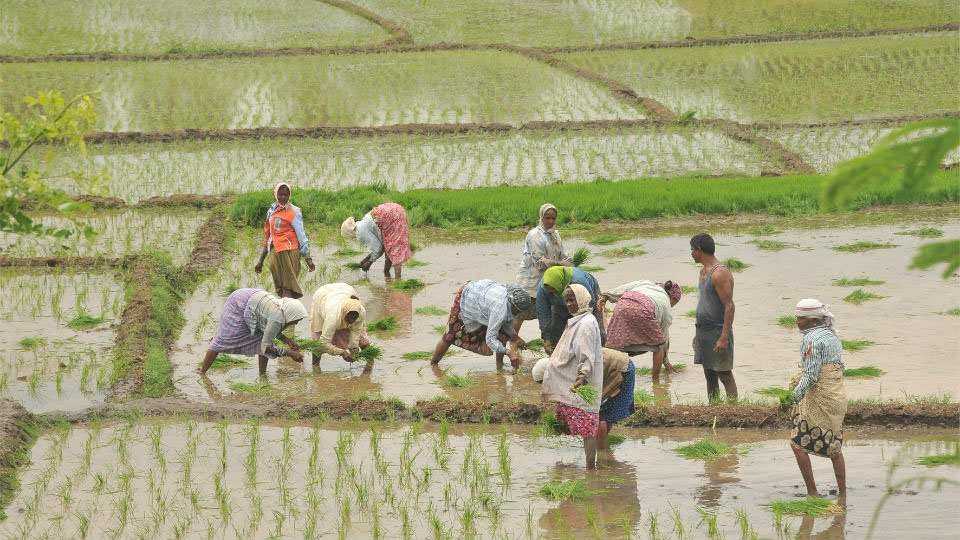Debates on issues of availability and requirement of energy, in knowledgeable circles, particularly for heating both in industry and homes are bound to bestow focus on its renewable and non-renewable sources with greater concern than so far in days ahead. The plight of economically deprived sections in the land’s population, even as it expands, with no signs of abating, in the face of steadily and steeply soaring cost of the two commonly used fuel sources, cooking gas and electricity, is heading to the point of frightening and even life-threatening. The second issue of concern, namely adequate availability of food at affordable cost to all sections of society shall also witness the growing gap between requirement and fulfilment. The third issue of land, the life-supporting resource that is both non-renewable and shrinking of area per citizen seems to have been bestowed attention to a far less extent than it merits and is necessary.
The nation’s Constitution, rated as the best among similar scripts of the countries across the world, is considered as an aid to the government in its function providing good governance. The provisions therein, spelling out the rights and privileges of different sections of society appear to have pushed the duties and responsibilities of citizens to the background. In this context, the issue of land use is bound to assume importance to an unprecedented degree.
Broadly, the country’s land falls into two major classifications, namely (a) Area that permits economic activities and living in reasonable comfort for all life-forms and (b) Area that doesn’t permit human habitation. The former class of land has to provide for areas to raise food, dwellings, roads, industry, buildings of infrastructure and so on, each in competition with the rest. It is this factor of competition, bound to become fierce like never before, that should prompt the nation’s citizens to weigh their needs of land and entitlements guaranteed in the Constitution. The solution boils down to deciding and acting on arresting the population expansion.
We often hear about the impending shortfall in the availability of water for drinking and agriculture in days ahead. The choices of postponing that crisis of water famine shall not be available in dealing with land shortage. The only option points to eschewing entitlements.








Recent Comments